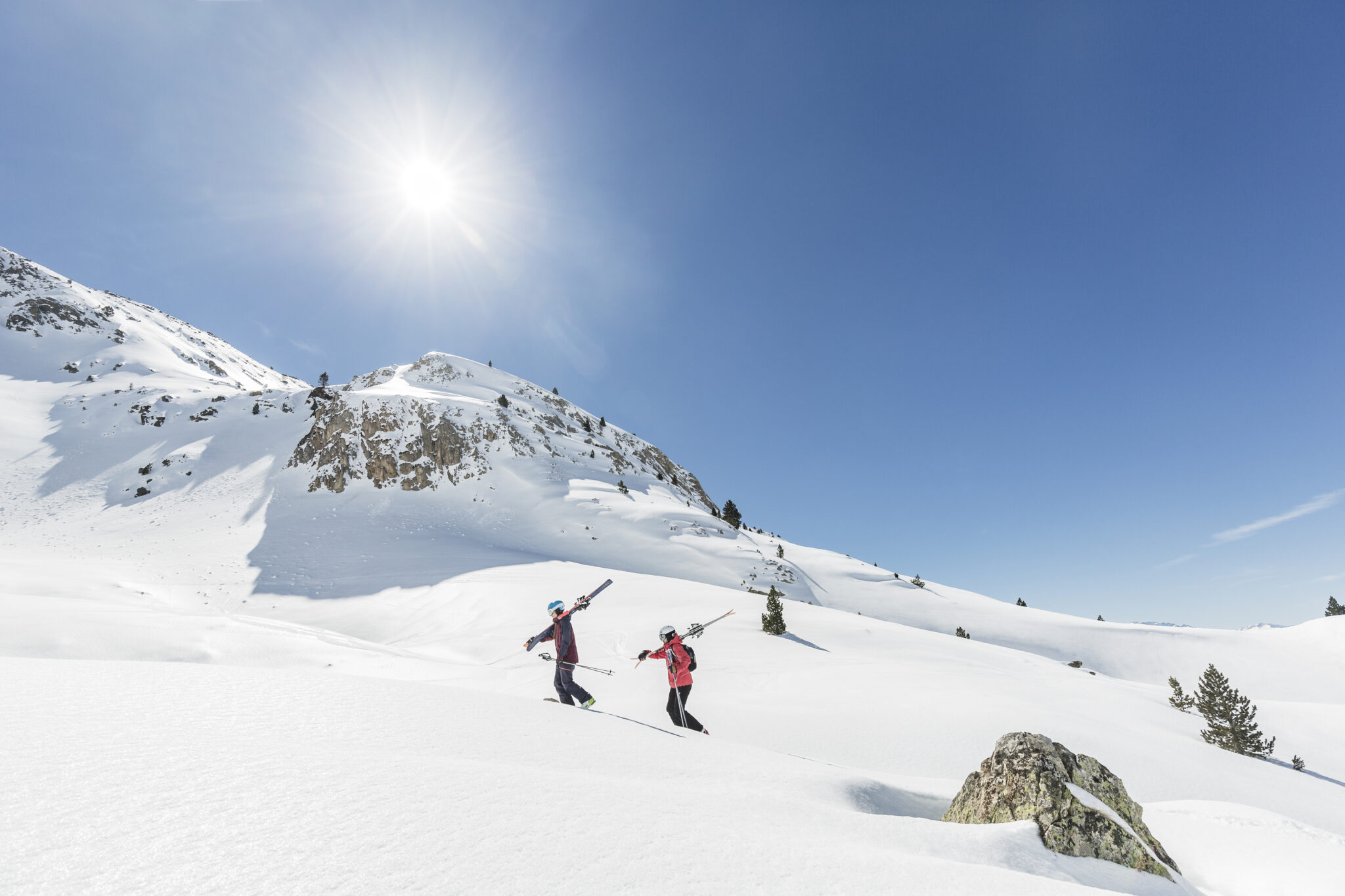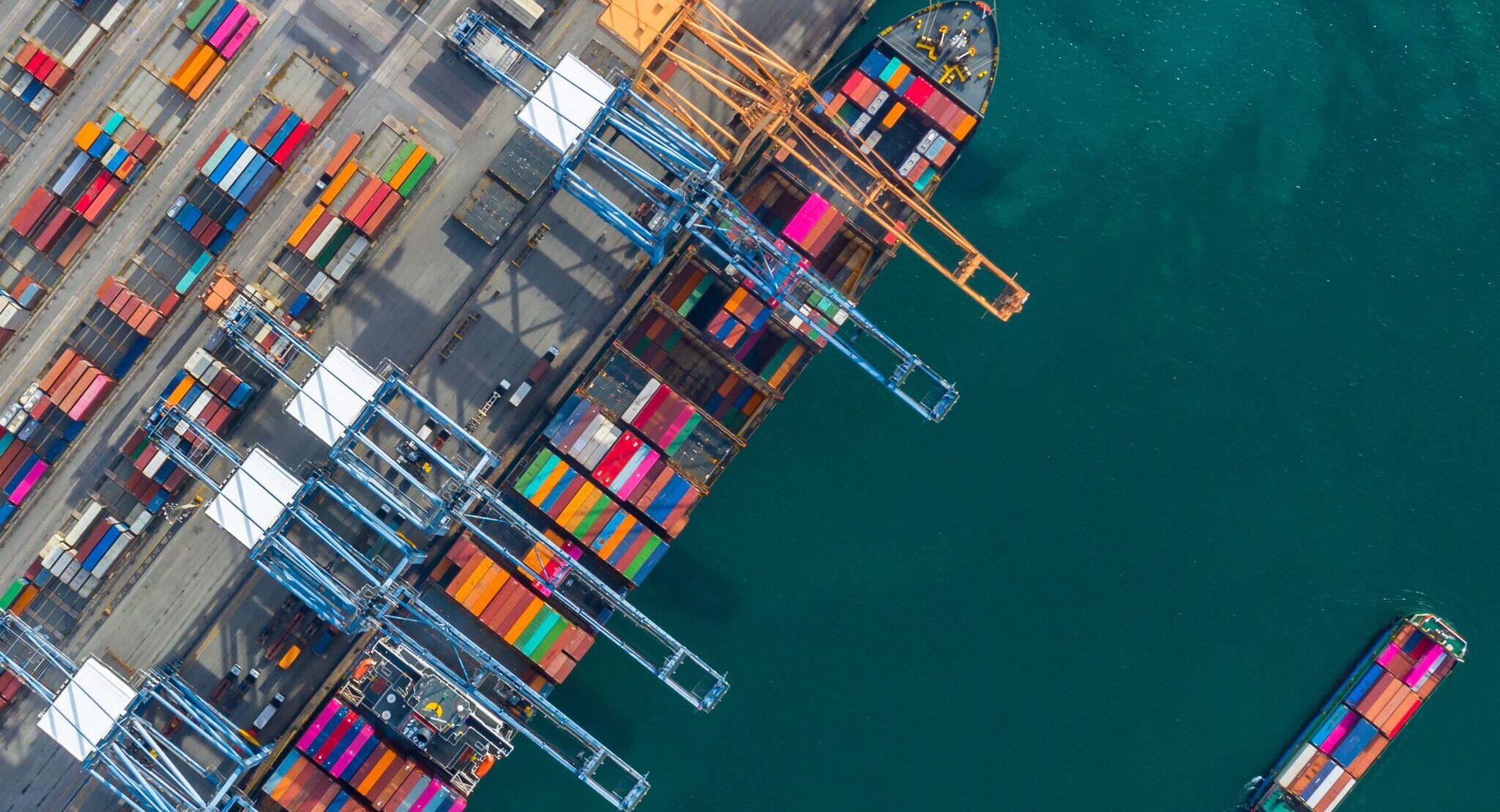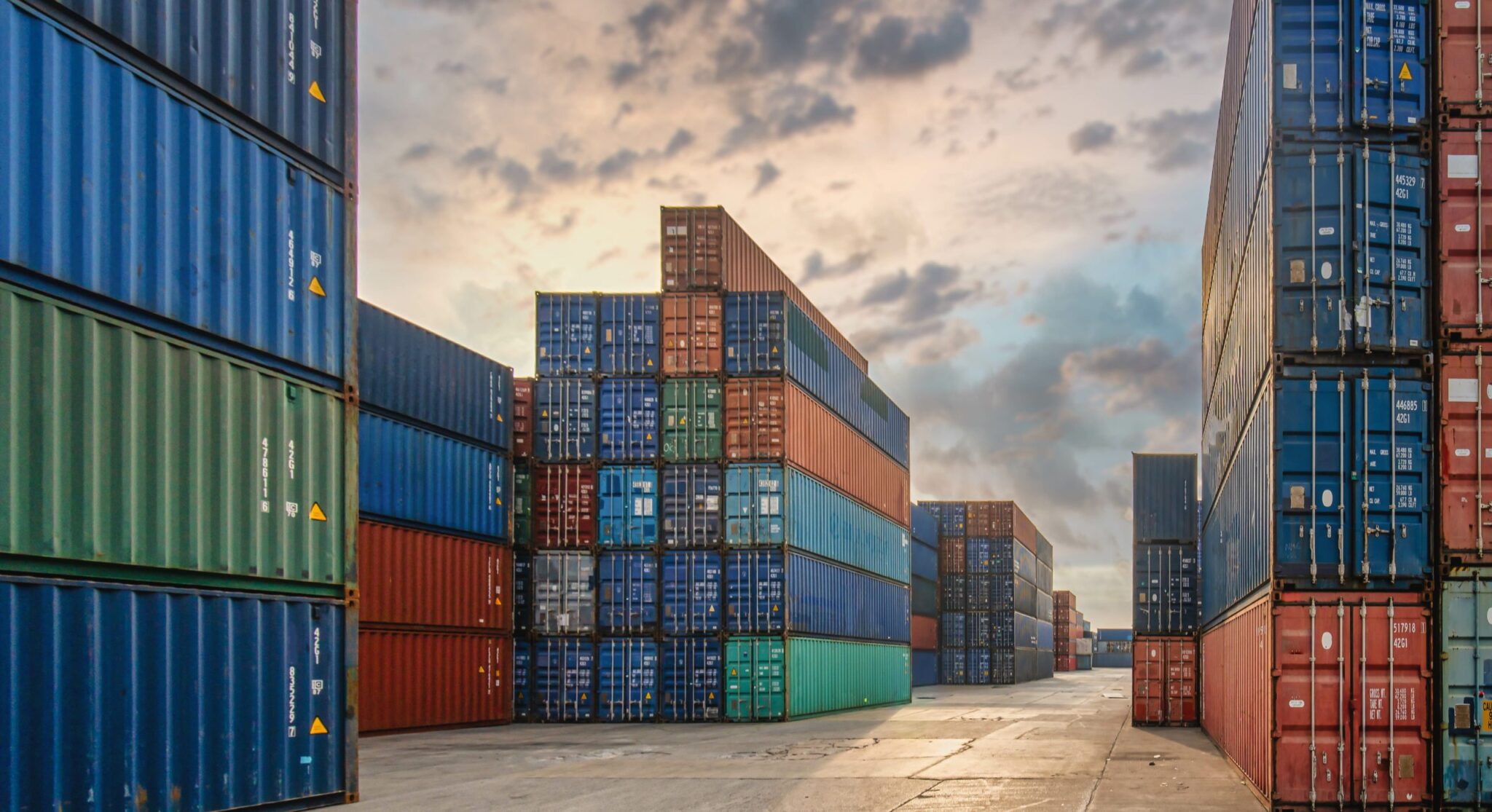Watch OIA’s Trade Policy Town Hall as our trade experts help outdoor businesses understand and respond to the latest tariff updates.
The recent announcement of substantial global tariffs will have real and immediate impacts on outdoor businesses, from rising costs and supply chain disruptions to uncertainty in planning and operations. At OIA, we’re focused on what matters most: protecting your business and sustaining the outdoor industry’s economic strength.
Tariff policies that increase costs on outdoor products threaten the $1.2 trillion outdoor recreation economy, the more than 5 million American jobs it supports, and the 175.8 million Americans who love the outdoors and rely on access to affordable, high-quality outdoor gear.
What You Can Do:
- Share your story: Share your tariff impact stories with us to help drive policy change.
Advocate: Support the bipartisan Trade Review Act of 2025, introduced by Senators Grassley and Cantwell, by sending a message to your Member of Congress today.
- Stay informed: Sign up for our Outdoorist newsletter to get the latest outdoor industry updates and trade information for your business.
Lean on us: From direct lobbying to one-on-one consultations, OIA offers expert policy resources and support to help you stay ahead of trade challenges and protect your bottom line. Get in touch with our team.
As we navigate what’s next, we’ll continue to tirelessly advocate for fair, balanced trade policies that put the outdoor industry first.
Watch the Webinar:
Tuesday, April 8, 2025






